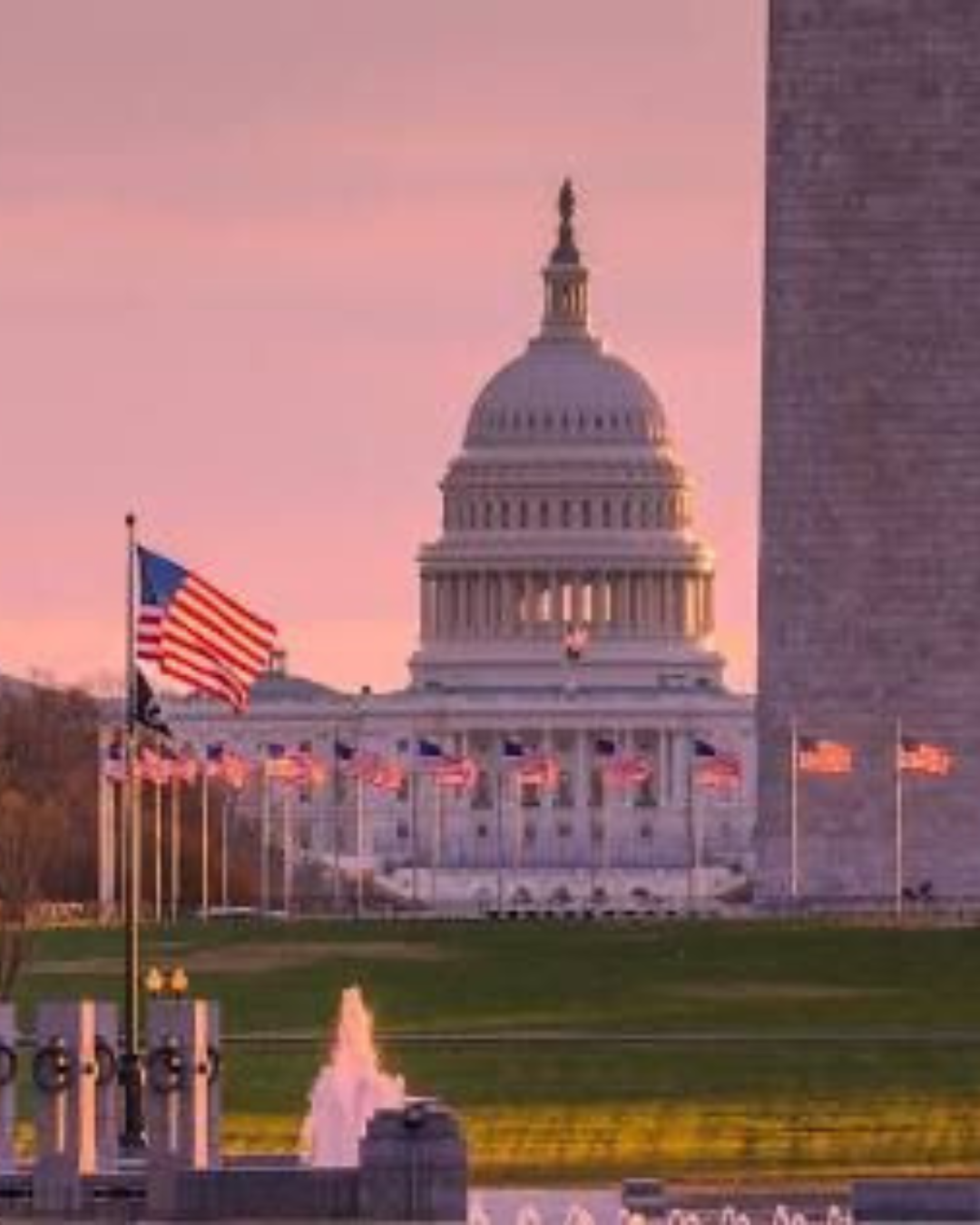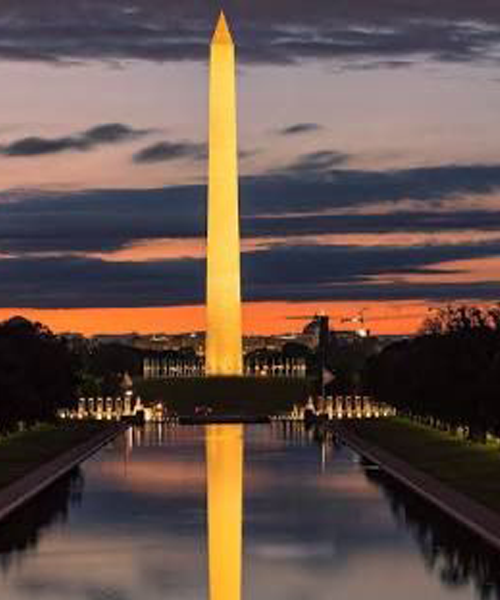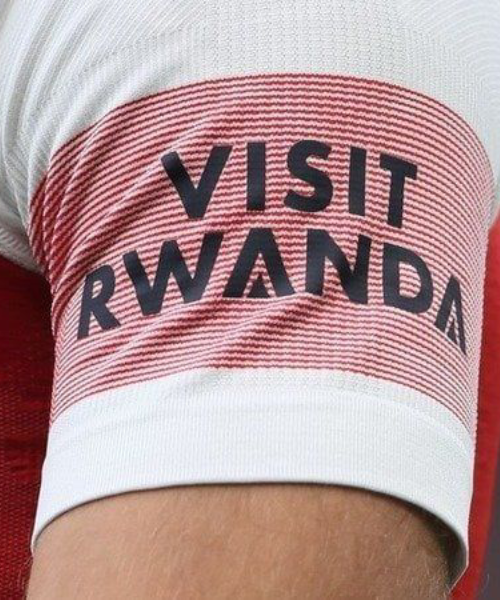As Cameroon inches closer to its next presidential election, President Paul Biya and his ruling Cameroon People’s Democratic Movement (CPDM) have unveiled a carefully crafted campaign strategy that seeks to woo influential business elites from the country’s west. The move underscores Biya’s determination to consolidate his grip on power by neutralising a region traditionally known for its opposition leanings.
During celebrations marking the 53rd National Day on 20 May 2025 in Yaoundé, where Biya appeared alongside First Lady Chantal Biya, the CPDM discreetly rolled out the names of key figures expected to anchor the re-election machinery. The list prominently features wealthy business families and entrepreneurs from the West Region, a stronghold of the Bamileke community, whose political preferences have often clashed with the ruling party.
According to CPDM insiders, the strategy aims at forging new political and financial alliances with the powerful business class in towns such as Bafoussam, Dschang, and Mbouda. These areas remain fertile ground for opposition parties like the Social Democratic Front (SDF) and the Cameroon Renaissance Movement (CRM). By integrating influential financiers and respected local leaders into his campaign structure, Biya seeks to sway both the electorate and the flow of resources ahead of the polls.
Political analysts view the move as a direct attempt to weaken the opposition’s economic backbone. “The CPDM is targeting the business elite because they are not just financiers of rival parties, but also opinion shapers in their communities,” said a Douala-based political observer. “If Biya can secure their loyalty, it will destabilise opposition strategies and reshape voter dynamics in the West.”
The upcoming election will once again test the resilience of Cameroon’s ageing leader, who has ruled the country since 1982. At 92, Biya remains a deeply polarising figure, praised by supporters as a guarantor of stability but criticised by detractors for his long rule and slow pace of reform. His re-election bid faces mounting pressure from younger voters demanding change, as well as an increasingly vocal diaspora.
By turning to the west’s business barons, Biya is not only chasing financial backing but also symbolic endorsement from one of Cameroon’s most dynamic regions. Whether this gamble pays off will depend on the ability of his party to bridge deep-seated political mistrust and persuade skeptical voters that their interests are best served under his continued leadership.
For now, the CPDM is betting that money, influence, and local prestige will tip the balance in favour of Africa’s second-longest-serving leader











